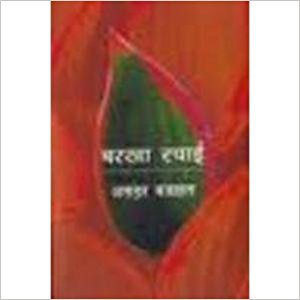his novel makes a wideranging comment on a complex sociocultural world and virtually troubled political loyalties of a generation of intellectuals, who proudly describe themselves as progressive intellectual activists in pre1990 India. Focusing on the intellectual life of contemporary Delhi, the novel quite stridently interrogates the manners in which the conceptual vocabulary of progressdemocracy, liberty, equality, social transformation and even revolution finds new meanings in the everyday individual discourses. The novel with sociopolitical trajectories of Indian public life critically engages with the personal lives of a few wellcrafted characters. Written in the first person, the novel is about a senior English journalist, Sajid Ali, who is known for his propeople, leftoriented writings and who also has written four books and a number of articles on bonded labourers in India. Sajid belongs to an Ashraf Muslim family of UP. Like any other Ashraf boy of 1960s, Sajid is sent to Aligarh for higher education, where he learns his first lesson in progressive politics.
This ideological conversion changes his worldview. Sajid explores the exploitative nature of the existing system and an elusive search for achieving the ideals of absolute equality begins. Sajid draws a clear dividing line between the oppressed and oppressor/between inequality and equality/and between justice and injustice to adequately situate acts, events, processes and even individuals in the larger project of emancipation. This ideological clarity turns out to be a methodological device by which the merit of individual acts is determined and justifications are drawn.

